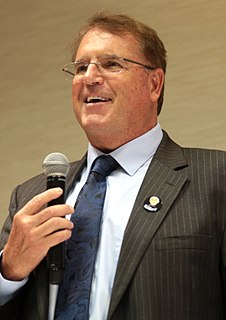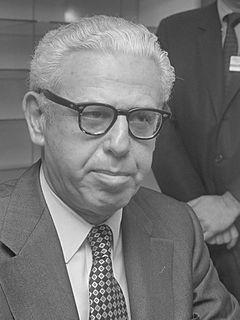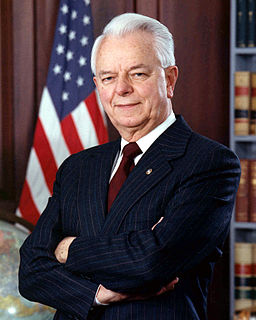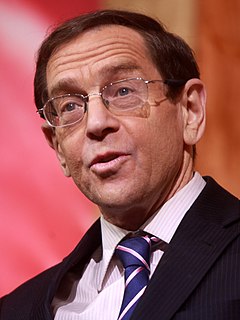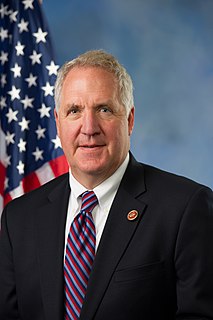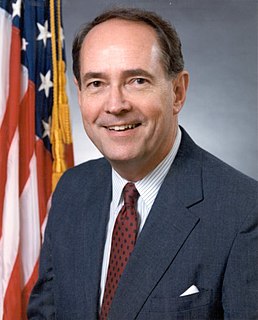A Quote by Thomas DiLorenzo
The founders understood that democracy would inevitably evolve into a system of legalized plunder unless the plundered were given numerous escape routes and constitutional protections such as the separation of powers, the Bill of Rights, election of senators by state legislators, the electoral college, no income taxation, most governmental functions performed at the state and local levels, and myriad other constitutional limitations on the powers of the central government.
Quote Topics
Bill
Bill Of Rights
Central
Central Government
College
Constitutional
Democracy
Election
Electoral
Electoral College
Escape
Evolve
Founders
Functions
Given
Government
Income
Income Tax
Inevitably
Legislators
Levels
Limitations
Local
Most
Myriad
Numerous
Other
Performed
Plunder
Powers
Rights
Routes
Senators
Separation
Separation Of Powers
State
System
Taxation
Understood
Unless
Were
Would
Related Quotes
Many, if not most, of the difficulties we experience in dealing with government agencies arise from the agencies being part of a fragmented and open political system…The central feature of the American constitutional system—the separation of powers—exacerbates many of these problems. The governments of the US were not designed to be efficient or powerful, but to be tolerable and malleable. Those who designed these arrangements always assumed that the federal government would exercise few and limited powers.
The Constitution remains brilliant in its overall design and sound with respect to the Bill of Rights and the separation of powers. But there are numerous archaic provisions that inhibit constructive change and adaptation. These constitutional bits affect the daily life of the republic and every citizen in it.
I define the terms "founding fathers" and "founders" broadly to include an entire generation or two of Americans from many walks of life who, in the last half of the 18th century and early 19th century, articulated the rights of colonists, secured independence from Great Britain, and established new constitutional republics at both the national and state levels. This definition includes a cast of thousands who played their patriotic part at the local, state, and/or national levels. Among them were citizen soldiers, elected representatives, polemicists, and patriot preachers.
It is fundamental that the great powers of Congress to conduct war and to regulate the Nation's foreign relations are subject to the constitutional requirements of due process. The imperative necessity for safeguarding these rights to procedural due process under the gravest of emergencies has existed throughout our constitutional history, for it is then, under the pressing exigencies of crisis, that there is the greatest temptation to dispense with fundamental constitutional guarantees which, it is feared, will inhibit governmental action.
By creating a prosecutor who is overseen over by a court, they are melding executive and judicial power in a way that can lead to terrible abuses - as the founders of America understood full well. It's why they created a system of separated powers - to set up a constitutional mechanism that would enhance freedom, by making sure that no one's accumulation of power could predominate over [that of] others.
there ought always to be a constitutional method of giving efficacy to constitutional provisions. What for instance would avail restrictions on the authority of the state legislatures, without some constitutional mode of enforcing the observance of them? . . . This power must either be a direct negative on the state laws, or an authority in the federal courts, to over-rule such as might be in manifest contravention of the articles of union.
